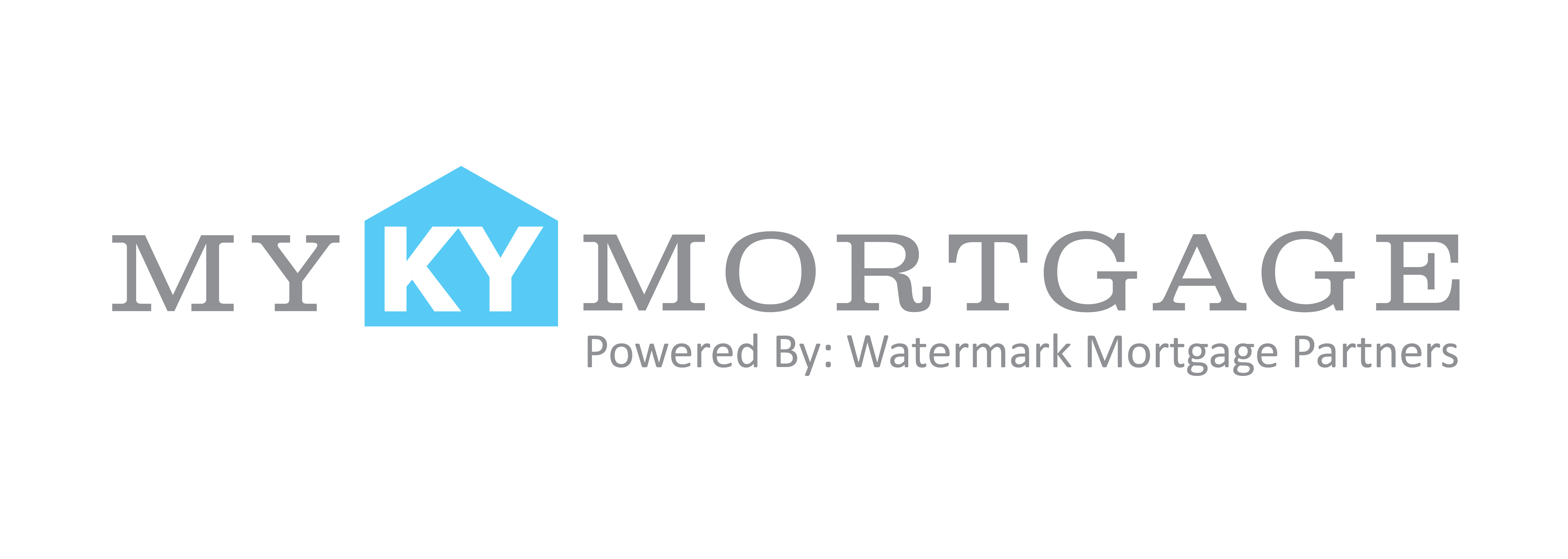The climate’s current falling mortgage rates have many homeowners wondering whether they should refinance their mortgage right now.
Timing a refinance can be tricky, but the time may indeed seem ripe for one, since according to Freddie Mac’s most recent Primary Mortgage Market Survey released Aug. 22, the average 30-year fixed interest rates have fallen to 3.55 percent—the lowest rate in nearly three years. But whether refinancing is the best option for you depends on several factors.
Here, realtor.com suggests four questions to consider before you refinance your mortgage.
1. Will mortgage interest rates remain low, or rise?
While interest rates may be low now, there’s uncertainty over how long this will continue. The future is uncertain, as much of the change is driven by unpredictable political considerations centered around the trade war. With the flux, it may be important to act swiftly.
Waiting for an even lower rate could be risky, and homeowners may miss a golden opportunity to refinance. It’s a good thing to consider if it lowers your monthly payment and your lifetime interest or can give you the chance to access equity for other life events.
2. What’s your credit score and loan-to-value ratio?
It’s impossible for a lender to quote a rate without having a conversation with the borrower because several factors go into determining the interest rates offered to each individual. For example, a borrower’s current credit score and loan-to-value ratio can have a huge impact on the refinance rates offered. Loan-to-value ratio means how much are you refinancing based on the value of your home.
(If your home is appraised at $100,000, and you’re refinancing $80,000, you have an 80 percent loan-to-value ratio.) The higher this ratio, generally the higher your interest rate.
3. How much will it cost to refinance?
Just like obtaining a mortgage comes with closing costs, there also are costs to consider when refinancing. The costs vary, but homeowners should factor in how much they’ll have to pay upfront to refinance, paying close attention to how much the refinance will cost and how quickly it can be paid off.
A good rule of thumb: If you can pay off the cost of that refinance in two years or less, and you plan to own the property at least that long, you might want to go ahead and refinance. Be sure to talk to your lender about the exact terms, conditions, and costs, and ask for a refinance quote with costs and without costs so you know exactly what fees you’re paying.
4. Will refinancing offer a net tangible benefit?
If there’s a net tangible benefit to the homeowner, and if the owner plans to stay in the home for a while, refinancing may be a great option. The ideal refinance enables the homeowner to lower the interest rate and monthly payment, to shorten the loan term, and to have the ability to pay off the refinance in two years or less.



